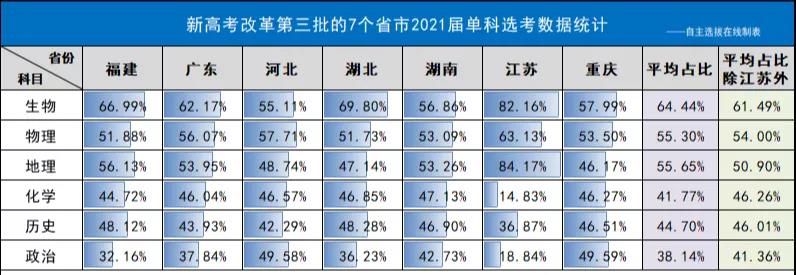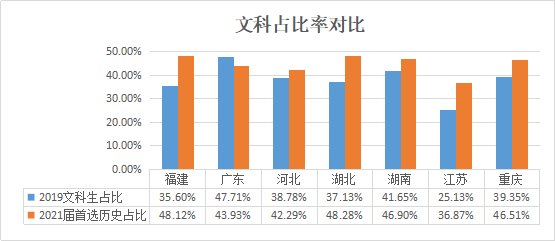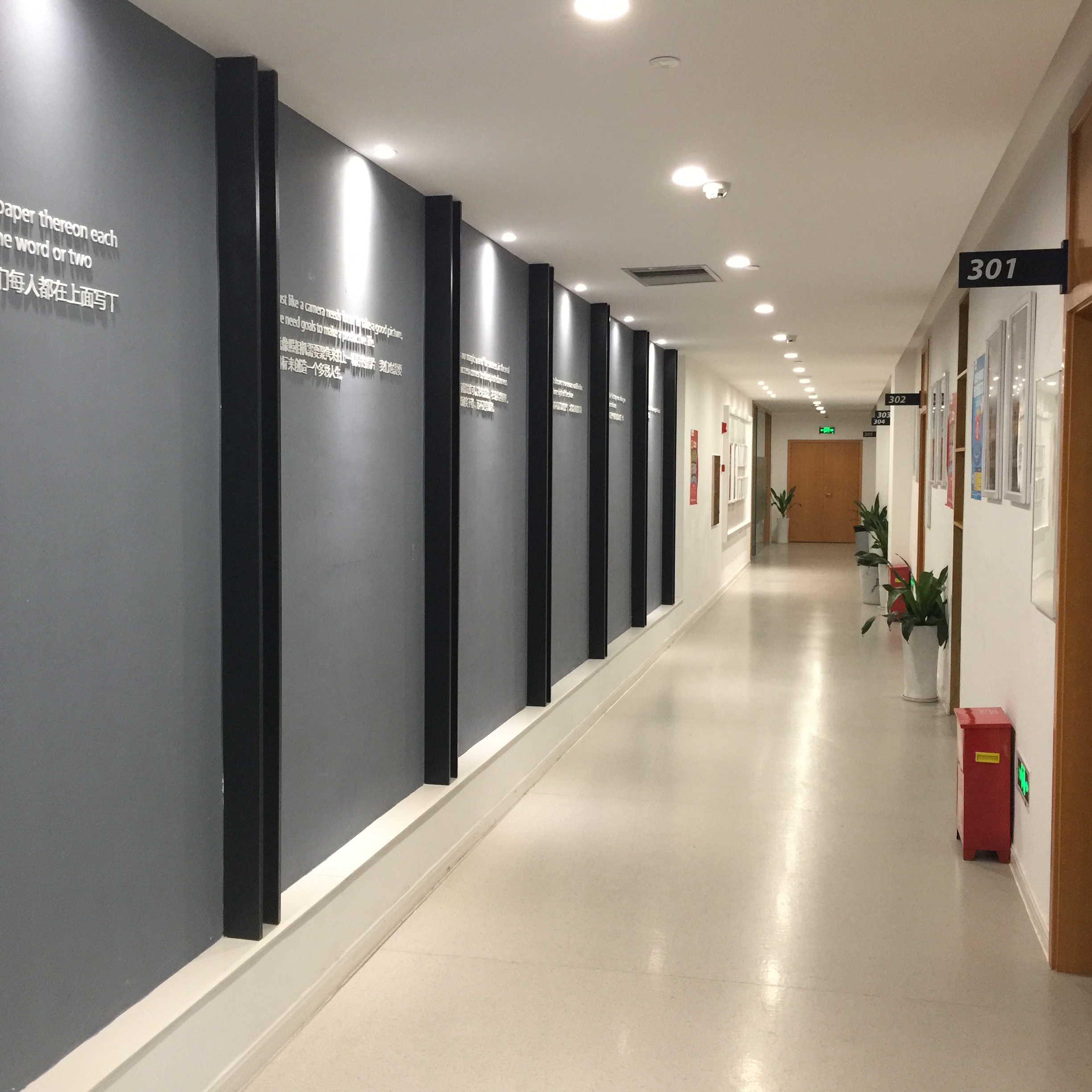Part II Listening Comprehension听力原文
Section A
Questions 1 to 4 are based on the conversation you have just heard.
Conversation 1
M: It’s my last day at work tomorrow. I’ll start my new job in 2 weeks. My
human resources manager wants to conduct an interview with me before I
leave.
W: Ah, an exit interview. Are you looking forward to it?
M: I’m not sure how I feel about it. I resigned because I've been unhappy
at that company for a long time, but I'm not sure if I should tell them how I
really feel.
W: To my way of thinking, there are two main potential benefits that come
from unleashing and agitated stream of truth during an exit interview. The first
is release. Unburdening yourself of frustration, and perhaps even anger to
someone who isn't a friend or close colleague can be wonderfully free.
M: Let me guess. The second is that the criticism will, theoretically, help
the organization. I’m leaving to improve, making sure employees of the future
are less likely to encounter what I did?
W: That's right. But the problem with the company improvement part is that
very often it doesn't happen. An exit interview is supposed to be private, but
often isn't. In my company, the information gained from these interviews is
often not confidential. The information is used as dirt against another manager,
or can be traded among senior managers.
M: Now you’ve got me rethinking what I’ll disclose in the interview. There
is always a chance that it could affect my reputation and my ability to network
in the industry. It is a pretty small industry after all.
W: Anything you initially gained from the instant satisfaction of telling
it like it is, you might lose down the track by injuring your future career
prospects.
M: Right. Perhaps I would be better getting things off my chest by going to
one of those rate-your-employer websites.
W: You could. And don't do the interview at all. Exit interviews are not
mandatory.
Q1: What do we learn about the man from the conversation?
Q2: What does the woman think of the information gained from an exit
interview?
Q3: Why does the man want to rethink what he will say in the coming exit
interview?
Q4: What does the man think he had better do?
Conversation 2
M: Today, I’m talking to the renowned botanist, Jane Foster.
W: Thank you for inviting me to join you on the show, Henry.
M: Recently, Jane, you’ve become quite a celebrity, since the release of
your latest documentary. Can you tell us a little about it?
W: Well, it follows my expedition to study the vegetation indigenous to the
rain forest in equatorial areas of south-east Asia.
M: You certainly get to travel to some very exotic locations.
W: It was far from glamorous, to be honest. The area we visited was
accessible only by canoe and the living conditions in the hut were primitive to
say the least. There was no electricity. Our water supply was a nearby
stream.
M: How were the weather conditions while you were there?
W: The weather was not conducive to our work at all, since the humidity was
almost unbearable. At midday, we stayed in the hut and did nothing. It was too
humid to either work or sleep.
M: How long did your team spend in the jungle?
W: Originally, we planned to be there for a month. But in the end, we
stayed for only 2 weeks.
M: Why did you cut the expedition short?
W: Halfway through the trip, we received news that a hurricane was
approaching. We had to evacuate on very short notice.
M: That sounds like a fascinating anecdote.
W: It was frightening. The fastest evacuation route was through river
Rapids. We had to navigate them carrying all of our equipment.
M: So overall was the journey unsuccessful?
W: Absolutely not. We gathered a massive amount of data about the local
plant life.
M: Why do you put up with such adverse conditions?
W: Botany is an obsession for me. Many of the destinations I visit have a
stunning scenery. I get to meet a variety of people from all over the world.
M: So where will your next destination be?
W: I haven't decided yet.
M: Then we can leave it for another vacation. Thanks.
Q5: What does the man want Jane Foster to talk about?
Q6: Why does the woman describe her experience as far from glamorous?
Q7: Why did the woman and those who went with her end their trip
halfway?
Q8: What does the woman think of the journey?
Passage one
Scientists often use specialized jargon terms while communicating with
laymen. Most of them don’t realize the harmful effects of this practice. In a
new study, people exposed to jargon when reading about subjects like autonomous
vehicles and surgical robots. Later said they were less interesting in science
than others who read about the same topics, but without the use of specialized
terms. They also felt less informed about science and less qualified to discuss
science topics. It's noteworthy that it made no difference if the jargon terms
were defined in the text. Even when the terms were defined, readers still felt
the same lack of engagement as readers who read jargon that wasn't
explained.
The problem is that the mere presence of jargon sends a discouraging
message to readers. Hillary Schulman, the author of the study, asserts that
specialized words are a signal. Jargon tells people that the message isn't for
them. There's an even darker side to how people react to jargon. In another
study, researchers found that reading scientific articles containing jargon led
people to doubt the actual science. They found the opposite, when a text is
easier to read. Then. People are more persuaded. Thus, it's important to
communicate clearly when talking about complex science subjects. This is
especially true with issues related to public health, like the safety of new
medications and the benefits of vaccines. Schulman concedes that the use of
jargon is appropriate with scientific audiences. But scientists who want to
communicate with the general public need to modify their language. They need to
eliminate jargon.
Q9: What does the passage say about the use of jargon terms by experts?
Q10: What do researchers find about people reading scientific articles
containing jargon terms?
Q11: What does Schulman suggest scientists do when communicating with the
general public?
Passage two
At the beginning of the twentieth century, on the Gulf coast in the US
state of Texas, there was a hill where gas leakage was so noticeable that
schoolboys would sometimes set the hill on fire.
Patio Higgins, a disreputable local businessman, became convinced that
there was oil below the gassy hill. Oil wells weren't drilled back then. They
were essentially dug. The sand under the hill defeated several attempts by
Higgins' workers to make a proper hole. Higgins had forecast oil at 1000 feet, a
totally made-up figure. Higgins subsequently hired a mining engineer, Captain
Anthony Lucas. After encountering several setbacks, Captain Lucas decided to use
a drill, and his innovations created the modern oil drilling industry. In
January 1901, at 1020 feet, almost precisely the depth predicted by Higgins Wild
Gas, the well-roared and suddenly ejected mud and six tons of drilling pipe out
of the ground, terrifying those present. For the next nine days until the well
was capped, the well poured out more oil than all the wells in America
combined.
In those days, Texas was almost entirely rural, with no large cities and
practically no industry. Cotton and beef were the foundation of the economy.
Higgins' well changed that. The boom made some prospectors millionaires, but the
sudden surplus of petroleum was not entirely a blessing for Taxes. In the 1930s,
prices crashed to the point that in some parts of the country, oil was cheaper
than water. That would become a familiar pattern of the boom or bust Texas
economy.
Q12: What did Texas businessmen Patio Higgins believe?
Q13: What prevented Higgins' workers from digging a proper hole to get the
oil?
Q14: What does the passage say about Captain Lucas' drilling method?
Q15: What do we learn about Texas's oil industry boom?
Recording 1
Most people dislike their jobs. It’s an astonishing but statistical fact. A
primary cause of employed dissatisfaction, according to fresh research, is that
many believe they have terrible managers. Few describe their managers as
malicious or manipulative, though, while those types certainly exist, they are
minority. The majority of mangers seemingly just don't know any better. They're
often emulating bad managers they've had in the past, is likely they've never
read a management book or attended a management course. They might not have even
reflected on what good management looks like and how it would influence their
own management style. The researchers interviewed employees about their
managers. Beginning with a question about the worst manager they had ever had.
From this, the researchers came up with four main causes of why some managers
are perceived as being simply awful at their jobs. The first cause was company
culture, which was seen by employees as enabling poor management practices. It
was specifically stressful work environments, minimal training, and a lack of
accountability that were found to be the most blame worthy. Often a manager
superiors can effectively encourage a manager’s distasteful behavior when they
fail to discipline the person’s wrong doings. Such workplaces are sometimes
described as toxic. The second cause was attributed to the manager’s
characteristics: those deemed to be most destructive were odd people, those
without drive, those allow personal problems into the workplace, and those with
an unpleasant temperament or personality in general. The third cause of poor
management was associated with their deficiency of qualifications. Not so much
the form of variety one obtains from a university. But the informal variety that
comes from credible work experience and professional accomplishments. The fourth
course concerned managers who've been promoted for reasons other than potential.
One reason in particular why these people had been promoted was that they had
been around the longest. It wasn't their skill set, or other merits that got
them the job, it was their tenure. A point worth making is that the study was
based only on the perspective of an employee’s. The researchers didn't ask
senior leaders what they thought of their front-line managers. It's quite
possible, their content with how the individuals they promoted are now
performing. Merrily ignorant of the damage they're actually causing. Which might
explain why, as the researchers conclude, those same middle managers are usually
unaware that they are a bad manager.
Q16: What is a primary cause of employee dissatisfaction according to
recent research?
Q17: What is one of the causes for poor management practices?
Q18: What do we learn about the study on job dissatisfaction?





















 京公网安备11010802021790号
京公网安备11010802021790号









 学习资料
学习资料
